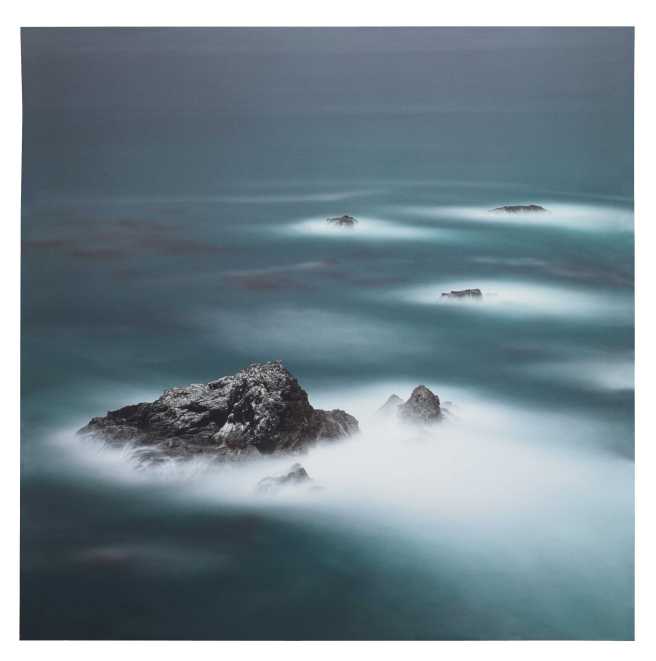 I don’t often start at the beginning, primarily because I rarely know where to find the beginning. As a writer, this is probably a bad habit, but I don’t care too much. Usually, it works out for the best—I find that starting at the beginning is the swiftest route to reader-boredom. I admit sometimes have trouble finding the end or figuring out how to wrap up an article, though I never have much trouble finding the punchline. I should probably just not write serious things and focus on telling jokes, but I am getting ahead of (behind? I’m not sure?) myself.
I don’t often start at the beginning, primarily because I rarely know where to find the beginning. As a writer, this is probably a bad habit, but I don’t care too much. Usually, it works out for the best—I find that starting at the beginning is the swiftest route to reader-boredom. I admit sometimes have trouble finding the end or figuring out how to wrap up an article, though I never have much trouble finding the punchline. I should probably just not write serious things and focus on telling jokes, but I am getting ahead of (behind? I’m not sure?) myself.
Anyway, the point is this: I am starting a new series of my blog of words that are lost, dead, underused, untranslatable, or under-appreciated. Basically, it’s going to be a bunch of cool words that I like and think others might enjoy.
I’m starting near the middle, because that’s what feels right (and because alphabetical order is great for glossaries, but not all that crucial for rambling bloggers). So today, I found three words that begin with M. Here ya go:
Montivagant (Noun, English)
This English word was used most often during the 17th Century and although it is considered a “dead” word, it’s not entirely forgotten. It describes a person who wanders over mountains and hills, a particularly ambitious vagabond. It’s someone who gains and loses altitude as they put one foot in front of the other, up and down, up and down. It’s a rambling man, a roadie without a band. In short, it’s how I want to live my life.
Mångata (Noun, Swedish)
This is a Swedish word that has no exact equivalent in English. It describes the “road-like reflection of the moon on water.” It’s that stairway to heaven that happens when you’re lakeside on a summer night and the moon rises big and slow and lazy.
Merrythought (Noun, English)
This word for the wishbone of a bird is extremely dated and sounds it (“Would you like to pull my merrythought?” asked no one ever). The first known appearance of “Merrythought” was in 1607. I’m squirreling this information away for use at Thanksgiving. When the dinner table talk inevitably and uncomfortably turns to politics, I plan to bust this one out to distract the quibblers.
Image: “Greenland” by Brooklyn-based artist Zaria Forman from her series “Chasing the Light,” which focuses on the interplay between light and water. I’ve blogged about her before, and I’m a huge fan of her work. See more here.
 From “What to Eat, What to Drink, and What to Leave for Poison” by Camille T. Dungy:
From “What to Eat, What to Drink, and What to Leave for Poison” by Camille T. Dungy:









